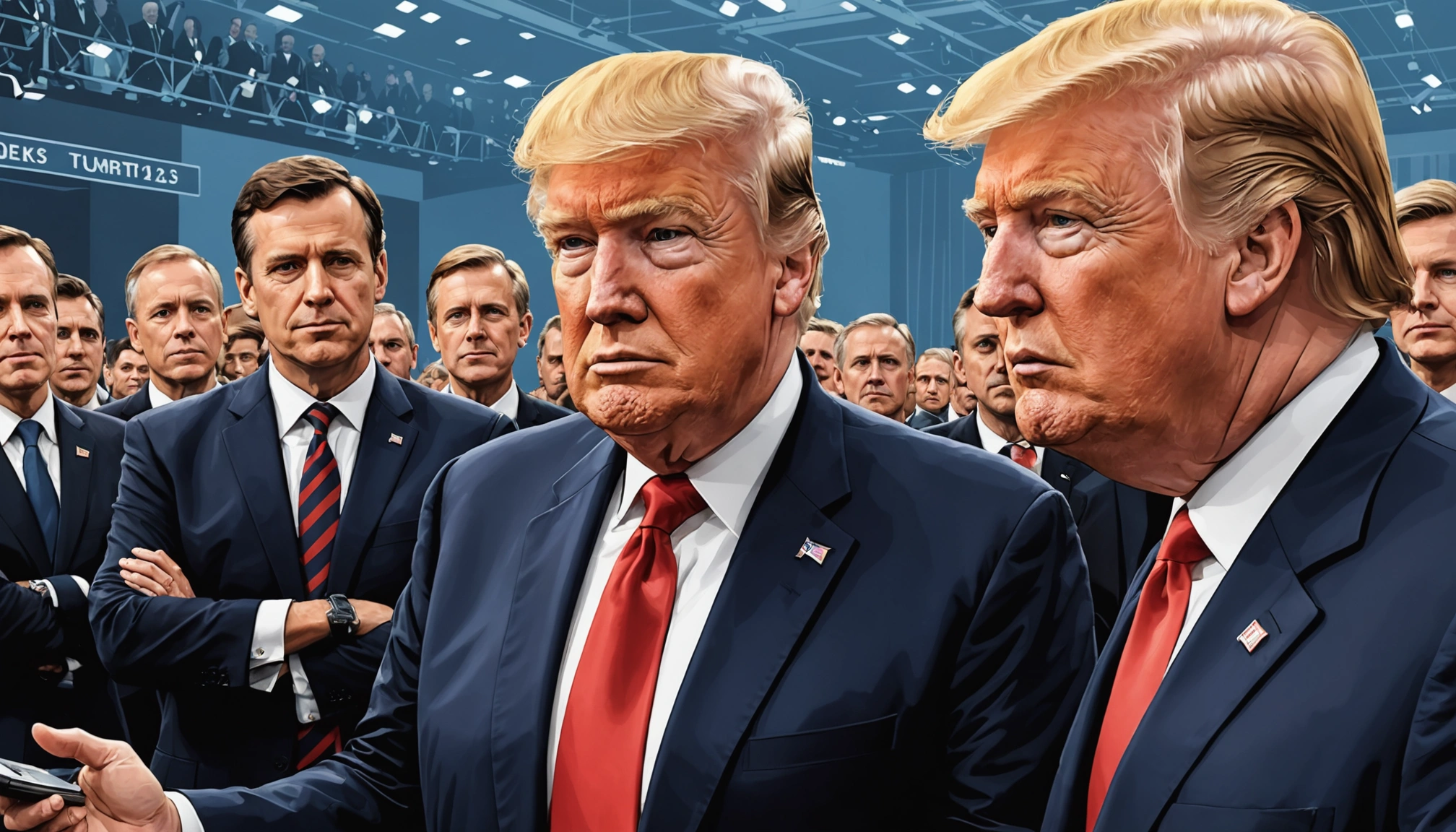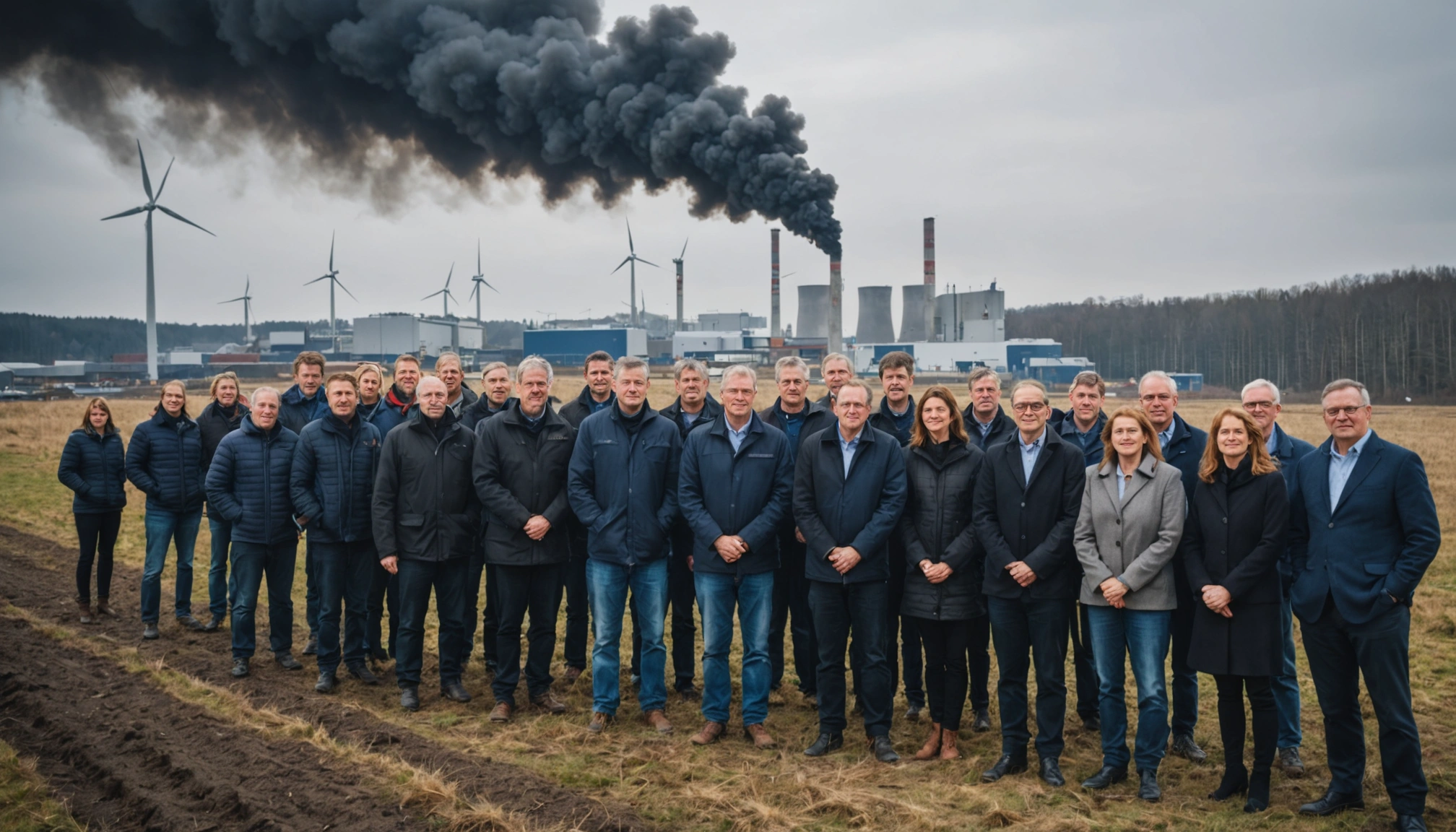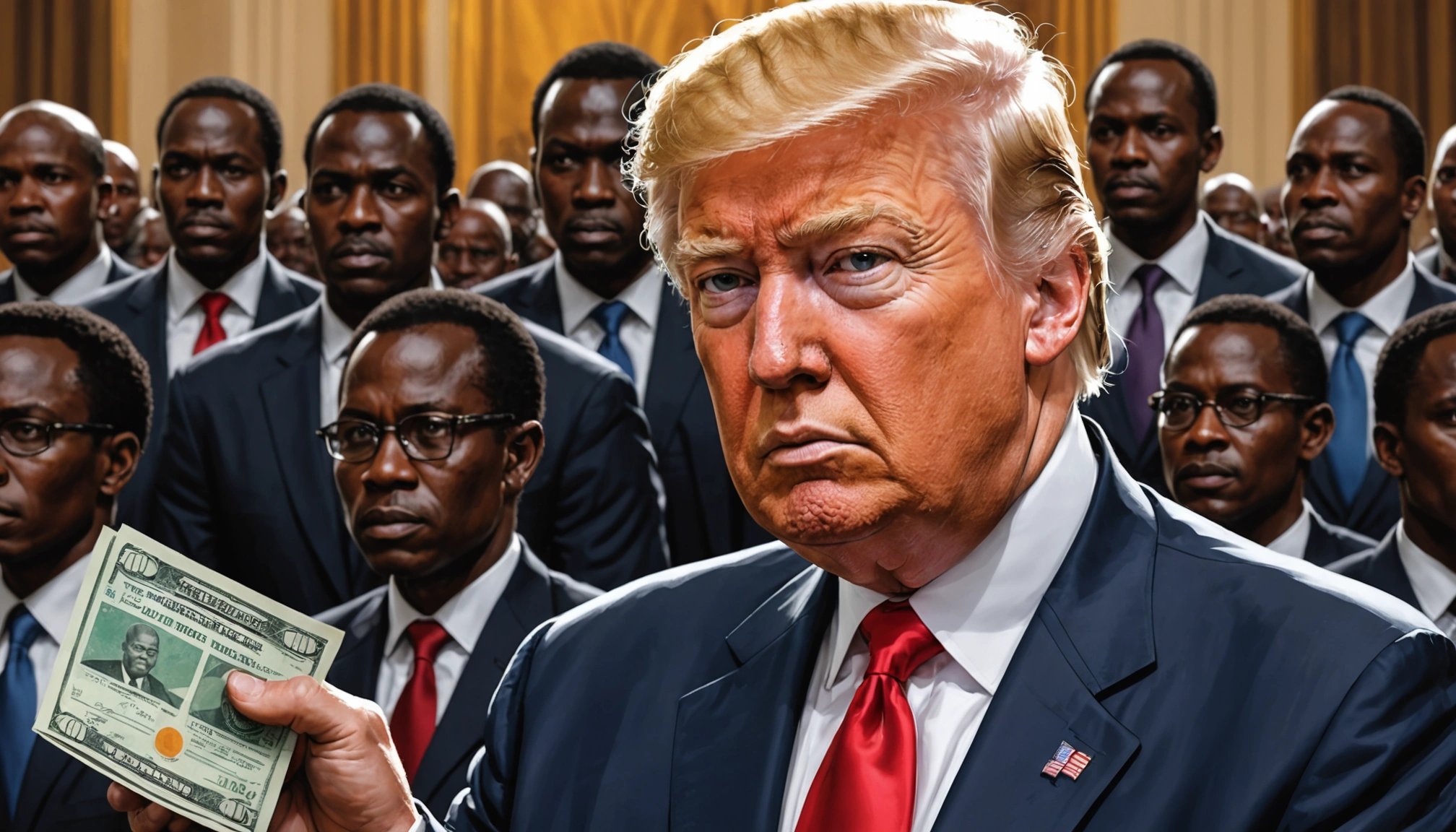Merz Meets Trump: High-Stakes Talks Focus on Trade, Ukraine, and Transatlantic Security

German Chancellor Friedrich Merz concluded his inaugural visit to Washington D.C. on June 5, 2025, after a closely watched meeting with U.S. President Donald Trump. The talks, held at the White House, centered on critical issues including trade tensions, the ongoing war in Ukraine, and the broader state of transatlantic security. The meeting was considered a crucial test of the relationship between the two leaders, particularly given Merz's recent ascension to the chancellorship and Trump's well-documented skepticism toward some of America's traditional allies.
A Cordial Atmosphere Amidst Underlying Tensions
Despite potential for friction, reports indicate that the meeting was conducted in a cordial and constructive atmosphere. Merz presented Trump with a framed copy of his grandfather Friedrich Trump's birth certificate, a gesture intended to highlight the president's German heritage and foster a sense of connection. Both leaders publicly expressed satisfaction with the discussions, with Merz describing Trump as "a person with whom I can speak very well on a personal level," and Trump characterizing Merz as "a person who is very easy to deal with."
However, beneath the surface of the amicable exchanges lie significant policy differences and potential flashpoints. Merz, in February, stated that Europe needs to "achieve independence from the USA," and that Trump's administration is "largely indifferent to the fate of Europe.” These remarks, made shortly after winning the German elections, likely loomed over the meeting, requiring Merz to carefully navigate Trump's known sensitivities.
Trade War on the Horizon?
One of the most pressing issues on the agenda was the looming threat of a trade war between the U.S. and the European Union. The Trump administration has threatened to impose tariffs of up to 50% on imports from the EU, with a deadline of July 9 rapidly approaching. Germany, as the EU's largest economy, stands to be particularly affected by such measures.
Merz's team reportedly arrived in Washington with potential trade concessions aimed at defusing the situation. While details of these proposals remain undisclosed, they are believed to focus on the automotive sector, a key area of contention between the two sides. Whether these concessions will be sufficient to avert a trade war remains to be seen.
Ukraine and the Limits of Influence
The war in Ukraine was another central topic of discussion. Merz emphasized the need for continued pressure on Russia to end the conflict and highlighted the United States' unique leverage in influencing President Vladimir Putin. He reminded Trump of the historical role the U.S. played in liberating Europe during World War II, drawing a parallel to the current situation in Ukraine.
However, reports suggest that Merz failed to secure any concrete commitments from Trump regarding Ukraine. Trump reportedly suggested that Moscow and Kyiv should be allowed to "continue to fight for a while," a position that clashes with the EU's strong support for Ukraine. This divergence underscores the challenges Merz faces in aligning U.S. and European policy on this critical issue.
Defense Spending and NATO Commitments
A key area where Merz and Trump appear to be aligned is on the issue of defense spending. Merz has pledged to significantly increase Germany's military budget, with the goal of developing the Bundeswehr into the strongest conventional army in Europe. This commitment addresses a long-standing criticism from Trump, who has repeatedly called on Germany and other NATO allies to increase their defense spending to meet the alliance's target of 2% of GDP.
Merz also secured a commitment from Trump to maintain the current level of U.S. military personnel stationed in Germany, numbering around 40,000. This assurance provides a degree of stability to the transatlantic security relationship, despite broader concerns about Trump's commitment to NATO.
Project 2025 and the Specter of Isolationism
The meeting between Merz and Trump took place against the backdrop of Trump's "Project 2025," a comprehensive plan to reshape the federal government and advance a conservative agenda. This project, spearheaded by the Heritage Foundation, has raised concerns among some observers about a potential shift towards isolationism and a weakening of international alliances.
While Trump has distanced himself from some aspects of Project 2025, many of his early actions in office align with its goals, including deregulation, immigration reform, and a reduction in the size of the federal workforce. These policies could have significant implications for Germany and the broader transatlantic relationship.
A Fragile Foundation for Future Cooperation
Chancellor Merz's visit to Washington D.C. represents a crucial first step in navigating the complex relationship between Germany and the United States under the Trump administration. While the meeting appears to have established a foundation for future cooperation, significant challenges remain. The looming threat of a trade war, differing perspectives on the war in Ukraine, and concerns about Trump's broader foreign policy agenda all pose potential obstacles.
The coming weeks and months will be critical in determining whether Merz and Trump can build a productive partnership that serves the interests of both Germany and the United States. The stakes are high, not only for the two countries but also for the future of transatlantic security and the global order.
Related Articles


